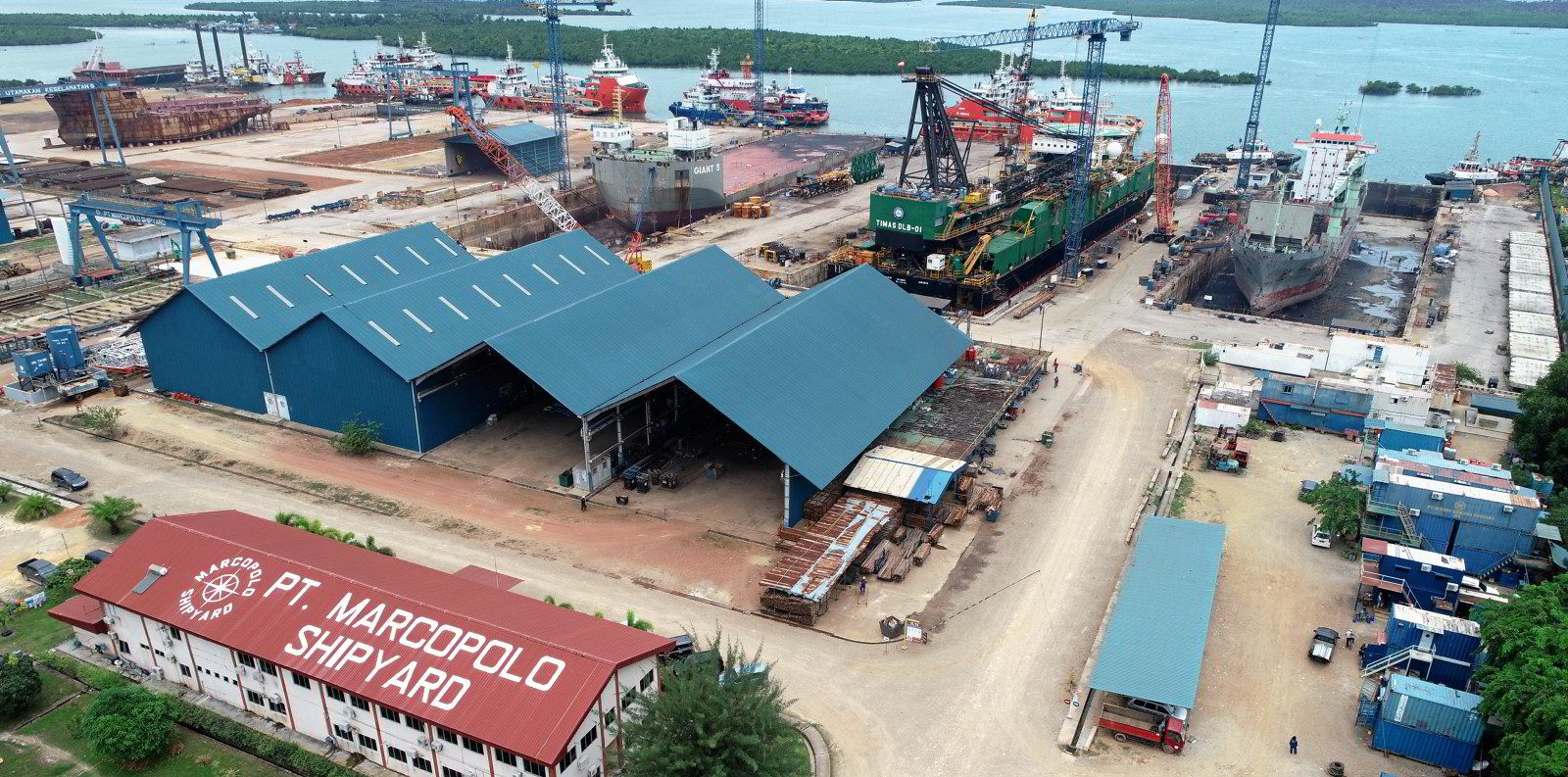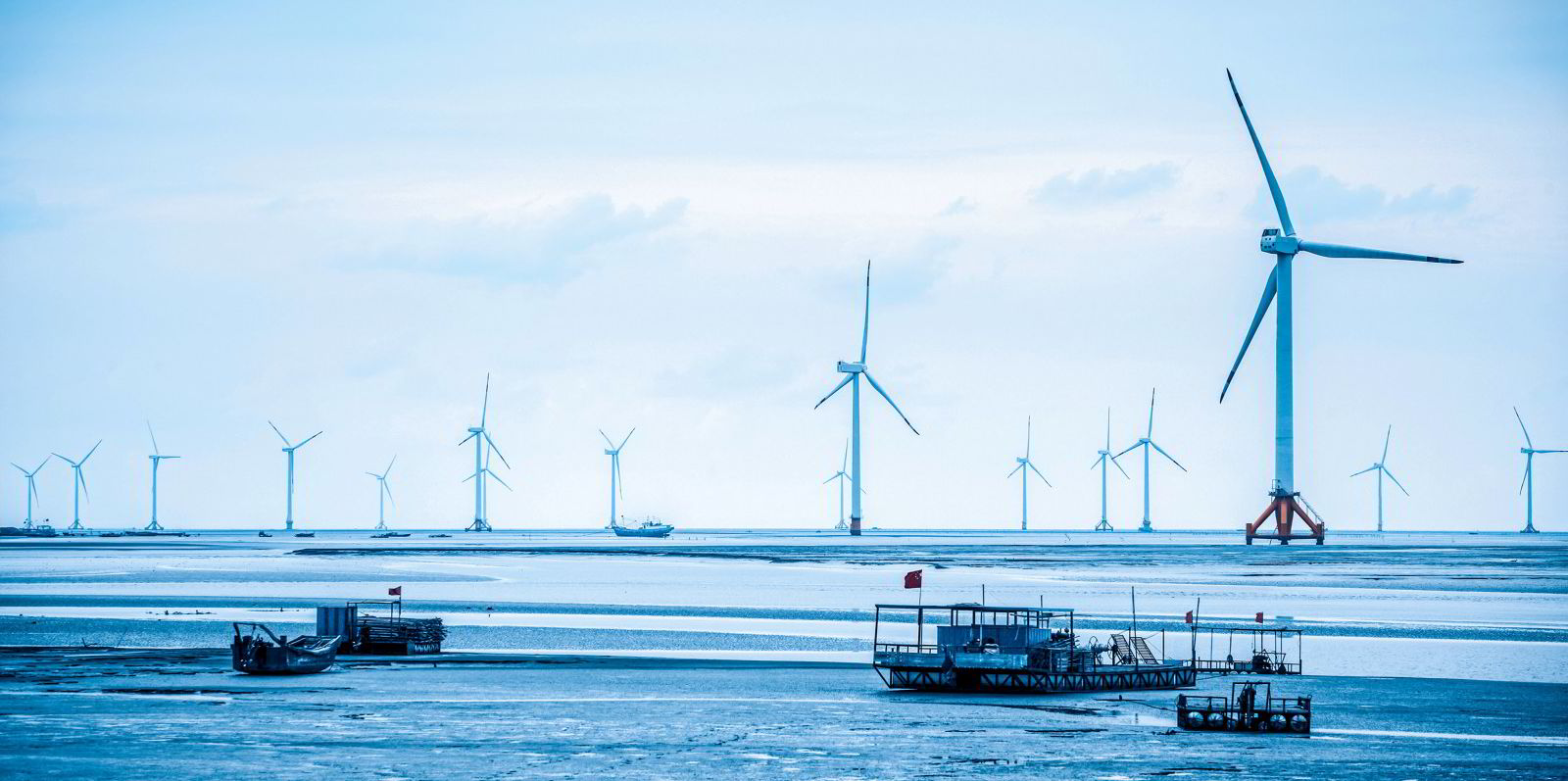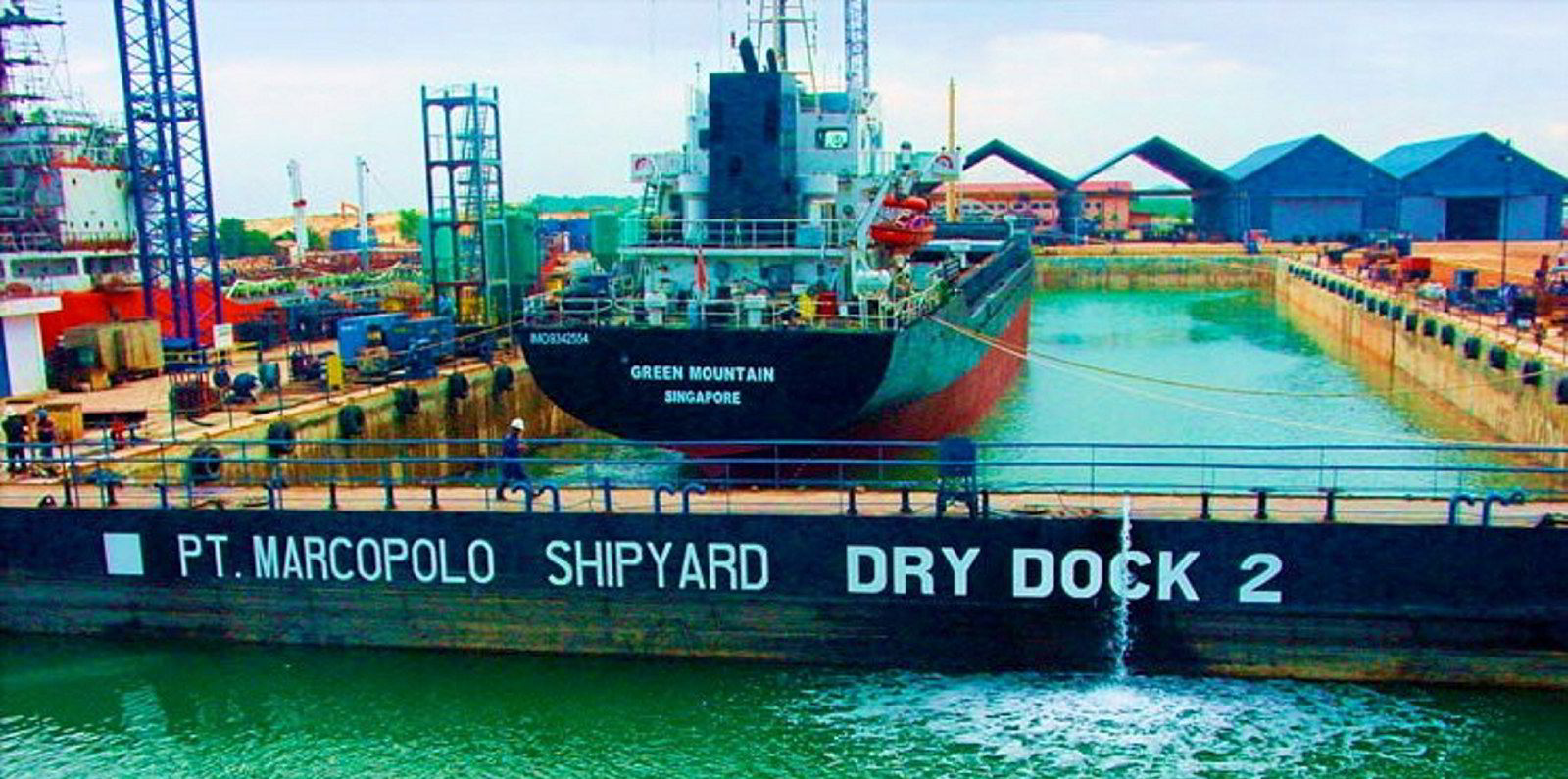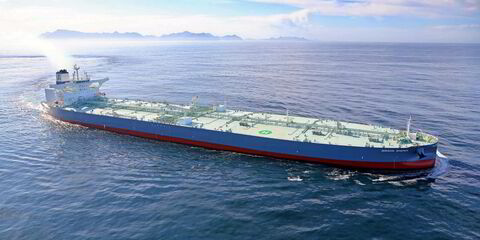Asia’s burgeoning offshore wind market is providing a much-needed lifeline for Singapore’s distressed offshore support vessel players.
The once in a generation collapse of oil prices in 2014 curtailed offshore energy exploration severely and left many of the city state’s offshore companies reeling.
While many names such as Ezra Holdings, Swiber Holdings, Swissco and Ezion Holdings still bear the scars of that downturn, some such as Marco Polo Marine have risen phoenix-like from the ashes.
The company, which underwent a debt restructuring in 2017, believes the offshore wind farm sector presents opportunities for the group.
“Although the specifications for vessels used to support the offshore wind farm projects are different from those used in oil and exploration projects, vessels can be deployed to support certain parts of the wind farm installation and construction, without additional capital expenditure,” Marco Polo said in a recent investor presentation.
“This has helped to support and provide a base for the utilisation of our vessels. In terms of profitability, costs of operating offshore wind farm projects may be slightly higher due to higher operational costs, however, this is offset by higher charter rates.”
Taking the lead
According to the Global Wind Energy Council, the Asia-Pacific region has now taken the lead in global wind power development, accounting for 50.7% of all new installations.
Wood Mackenzie has also stated that floating offshore wind could be the next frontier in wind power development in that region.
The consultancy sees total investment in the sector to be potentially worth $58bn, from the projects in the early planning stages in markets such as Japan, South Korea and Taiwan.
Marco Polo believes the surge in investment in offshore wind farms will drive the demand for vessels supporting the installation and construction as well as farm operation and maintenance.
In a report earlier this year, local investment bank RHB said wind farm projects in Taiwan must be serviced by vessels built outside of China and such vessels must also be less than 12 years old.

But because 80% to 90% of the OSVs within that range are built in China, it said Marco Polo has the potential to “supply that demand and create a niche for itself”.
Aside from chartering vessels to support the installation of offshore wind farms, Marco Polo is set to target the operation and maintenance of them post construction.
SOV shortage
“The operation and maintenance of offshore wind farms typically needs to be serviced by vessels such as crew transfer vessels and service operation vessels [SOVs], which are specialised vessels for maintenance technicians to stay on board and to provide safe walk-to-work capabilities to the offshore wind farm,” Marco Polo said.
“Each of these vessels are unique and customised for each market and/or customer, due to varying specifications of the wind farms and local conditions.
“Currently, there is a shortage in supply of these SOVs with only about 20 such vessels around the world, the majority of which are operating in Europe and the US,” the company said.
Marco Polo said that as the wind farms are built further from the shore, SOVs will be required for long-distance operations, which could provide an opportunity to purpose-built ships.
“Being a ship charterer and a shipbuilder with a track record, the group has the capabilities to build such vessels, where we expect demand to grow based on the current number of offshore wind farm installations in the market,” the company said.
The renewables sector already accounts for about 20% of the Singapore-listed company’s revenues and local analysts have recently been queuing up to sing its praises.
“This shift away from supporting the oil and gas industry towards the renewable energy segment has proved successful for Marco Polo,” said UOB Kay Hian analyst Clement Ho in a recent research note.
“The diversification provides a new utilisation base for Marco Polo’s vessels, particularly on the growing demand specifically from the offshore wind energy industry in Asia.”
Meanwhile, RHB Securities analyst Jarick Seet has described Marco Polo as "one of the rare few listed oil and gas service providers to emerge from the oil and gas crisis and the Covid-19 pandemic with no debt and a net cash balance sheet".







